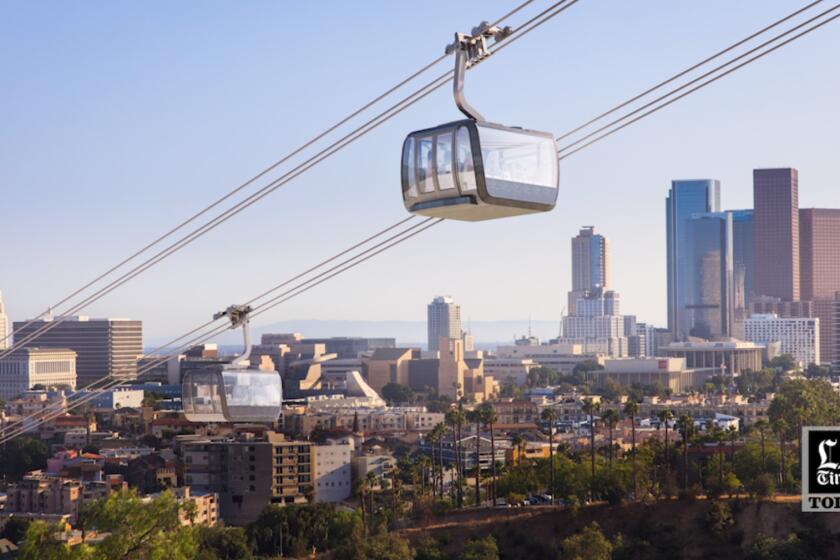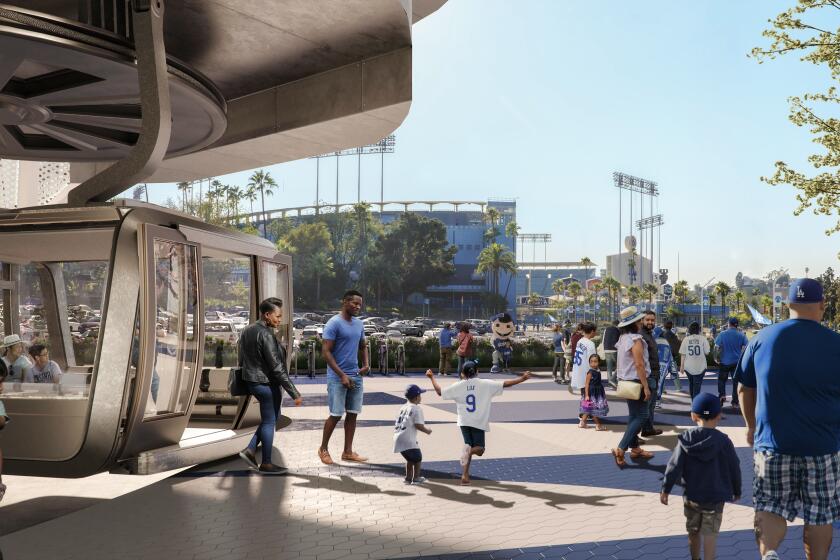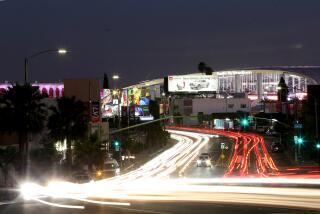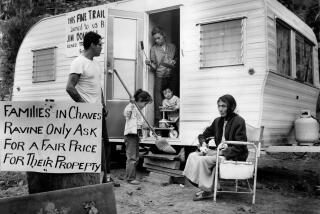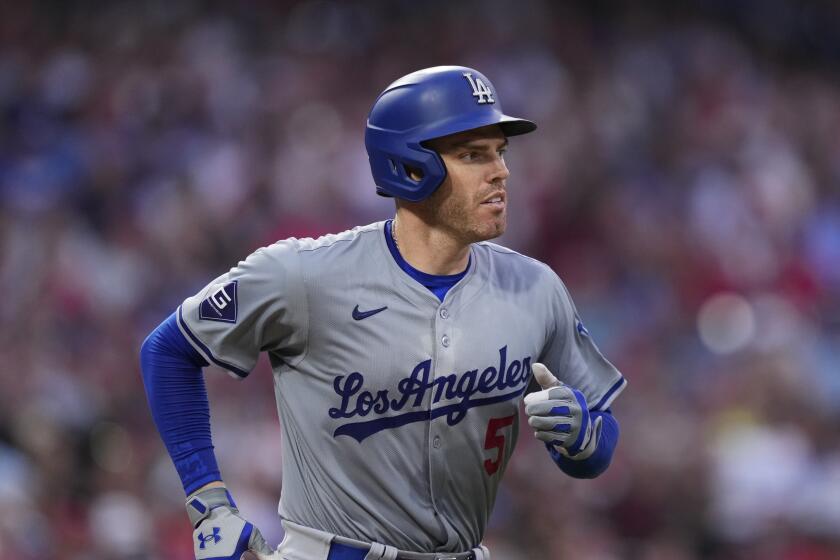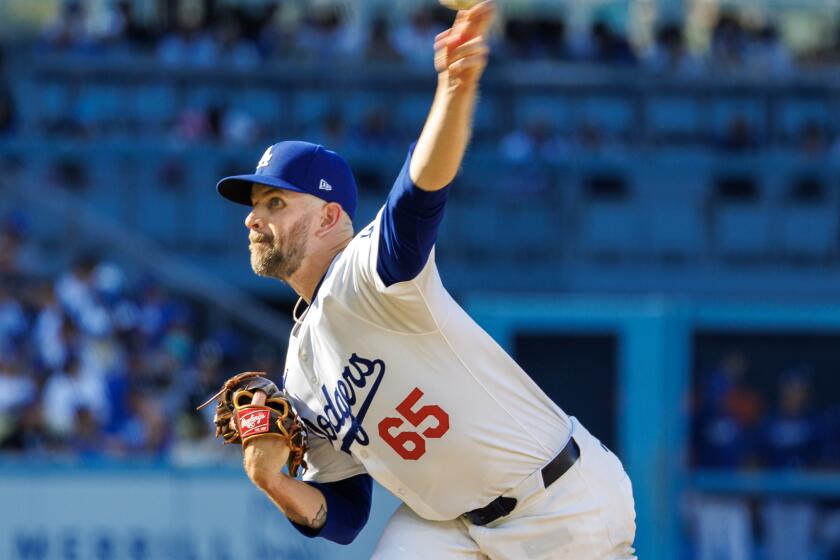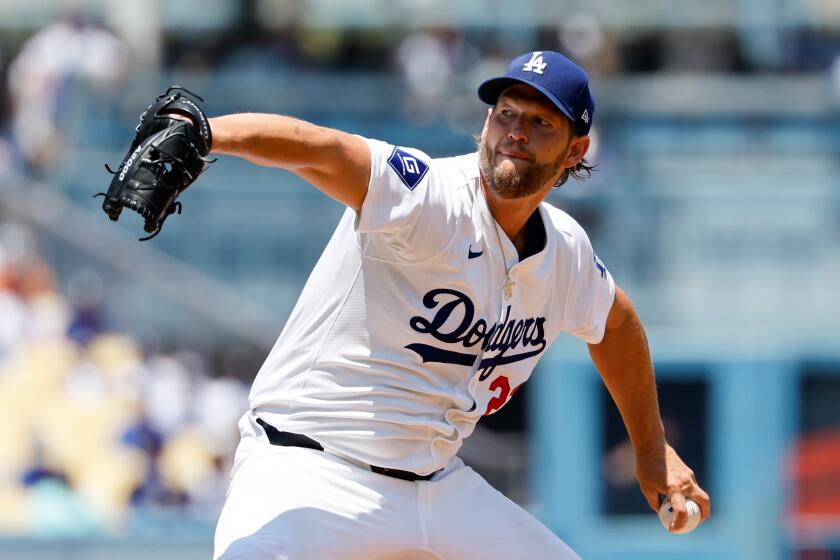Column: As Dodger Stadium gondola votes near, Frank McCourt makes his pitch. So do allies and opponents

Fernando Valenzuela has not thrown a pitch for the Dodgers in 34 years, but he remains beloved in our town, even among fans too young to have seen him play. When the Dodgers brought their community caravan to Homeboy Industries recently, hundreds of fans of all ages happily lined up to take a picture with Valenzuela.
But just as many fans lined up to take a picture with Father Greg Boyle, the acclaimed founder of Homeboy Industries, which calls itself “the largest gang rehabilitation and re-entry program in the world.” For thousands each year leaving prisons and gangs, Homeboy offers jobs, training and social services, including access to dozens of therapists, tutors, and tattoo removal specialists.
Its grand vision includes Hope Village, which would provide transitional and affordable housing along with new spaces for job training, mental health counseling, and substance abuse treatment. The site envisioned for the village sits beneath what would be one of the towers supporting the proposed gondola from Union Station to Dodger Stadium.
A gondola from Union Station to Dodger Stadium could cost up to $500 million, and questions remain about how exactly it will get paid for.
In 2020, Boyle and California Endowment chief executive Robert Ross co-signed a letter to Metro and the city, opposing the gondola and characterizing it as “a tourist attraction for the benefit of private enterprise.”
The gondola, first pitched by former Dodgers owner Frank McCourt six years ago, is scheduled for its first public vote Wednesday.
A Metro committee is set to consider a staff recommendation to advance the project to Metro’s board of directors. The project comes with an expected construction cost of up to $500 million and a projected opening in 2028, and with the lure that the gondola would offer free rides to fans while easing congestion and pollution on the oft-clogged approach to the stadium.
A yes vote Wednesday could set the stage for the Metro board to bless the environmental impact report next week, the first in what would be a series of required approvals from an assortment of public agencies.
The Metro board could have voted last month too, which is what a Metro official suggested would happen during a public meeting in December. But proponents don’t want to push the vote unless they have the votes, and the votes were not secured last month.
This month?
Los Angeles Mayor Karen Bass chairs the board, and she appoints three of the other 12 voting members. Bass hasn’t said how she would vote. When my colleague, Rachel Uranga, asked mayoral press secretary Clara Karger what position Bass has taken on the gondola, Karger said she didn’t know and said Bass has been busy dealing with effects of the waves of storms.
Los Angeles County Supervisor Hilda Solis, whose district includes Dodger Stadium and surrounding neighborhoods and who also sits on the Metro board, declined an interview request from Uranga. A spokeswoman instead provided a 77-word, entirely noncommittal statement from Solis.
The only politician to say much of anything about the gondola is City Councilwoman Eunisses Hernandez, whose district also includes the Dodger Stadium area. Hernandez does not sit on the Metro board.
If the Metro board approves the environmental impact report, the city council would have its say, but Hernandez has introduced a motion that would prevent the council from considering the project until the city completes its own study comparing the gondola against alternative means of improving transit to Dodger Stadium, including expanded bus service from Union Station and the kind of regional park-and-ride service successfully operated at the Hollywood Bowl.
Hernandez told me she also wants to see guarantees — not just promises — that construction and operation of the gondola would be privately funded, so that taxpayers would not be on the hook for even part of the project.
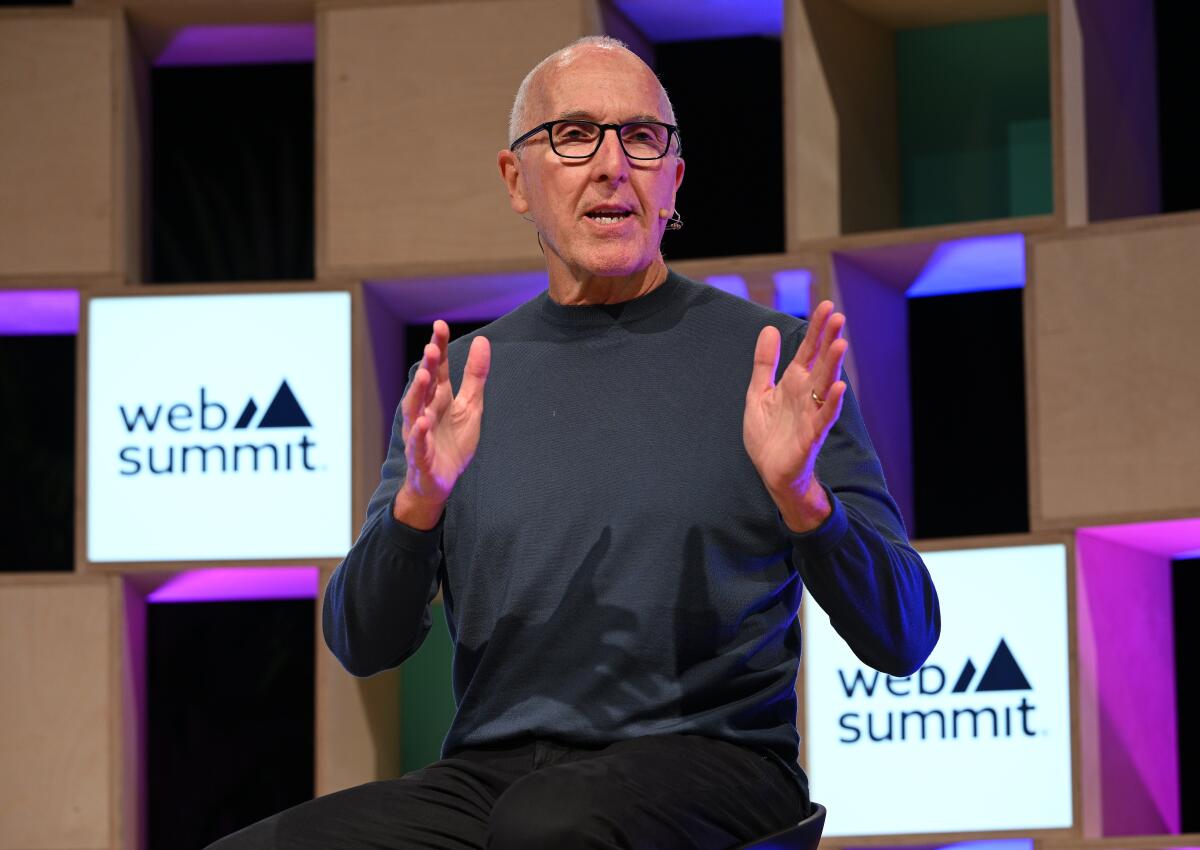
In addition, although gondola proponents say they are pitching a transit project and nothing more, Hernandez said she wants proponents to be up front about any visions of eventual development of the Dodger Stadium parking lot, co-owned by McCourt.
“In this part of the city, for far too long, too many voices have been left unheard and unprotected,” Hernandez said. “We are not moving this project forward at the cost of community to benefit one person and to enrich one person.”
Does she mean McCourt?
“Yes,” she said.
Have his allies reached out to you?
“Yes,” she said. “With all their might.”
With pro-gondola and anti-gondola forces working to marshal community support, Father Boyle would be a good man to have on your side. Boyle told me he has met recently with McCourt.
Boyle, who wrote in opposition to the gondola four years ago and whose chief executive raised serious concerns in a letter to Metro last year, now says he is “neutral.” His concerns that the gondola would hamper the proposed Hope Village, he said, have been resolved for some time.
An aerial rapid transit project from Union Station to Dodger Stadium sounds like a happy answer to Los Angeles’ traffic woes and game day gridlock. Until you look more closely.
So why the meetings with McCourt?
“We didn’t discuss the gondola,” Boyle said. “We’re trying to launch a campaign for this Hope Village, so we want to get a lot of people to help us with that.”
Did McCourt offer to help in exchange for Boyle dropping his opposition to the gondola?
“Fortunately,” Boyle said, “that never came up in the four conversations I had with him.”
Brin Frazier, a spokeswoman for McCourt, did not respond to a message asking which people McCourt had spoken with about the gondola project, or at least how many people.
As various government agencies take their votes on the gondola, Boyle said he would sit this one out.
“My hope is that elected officials will do their job and their due diligence and, if they have issues, they’ll address them,” he said. “That’s on them.
“It’s not a battle that we’re going to fight.”
More to Read
Are you a true-blue fan?
Get our Dodgers Dugout newsletter for insights, news and much more.
You may occasionally receive promotional content from the Los Angeles Times.

